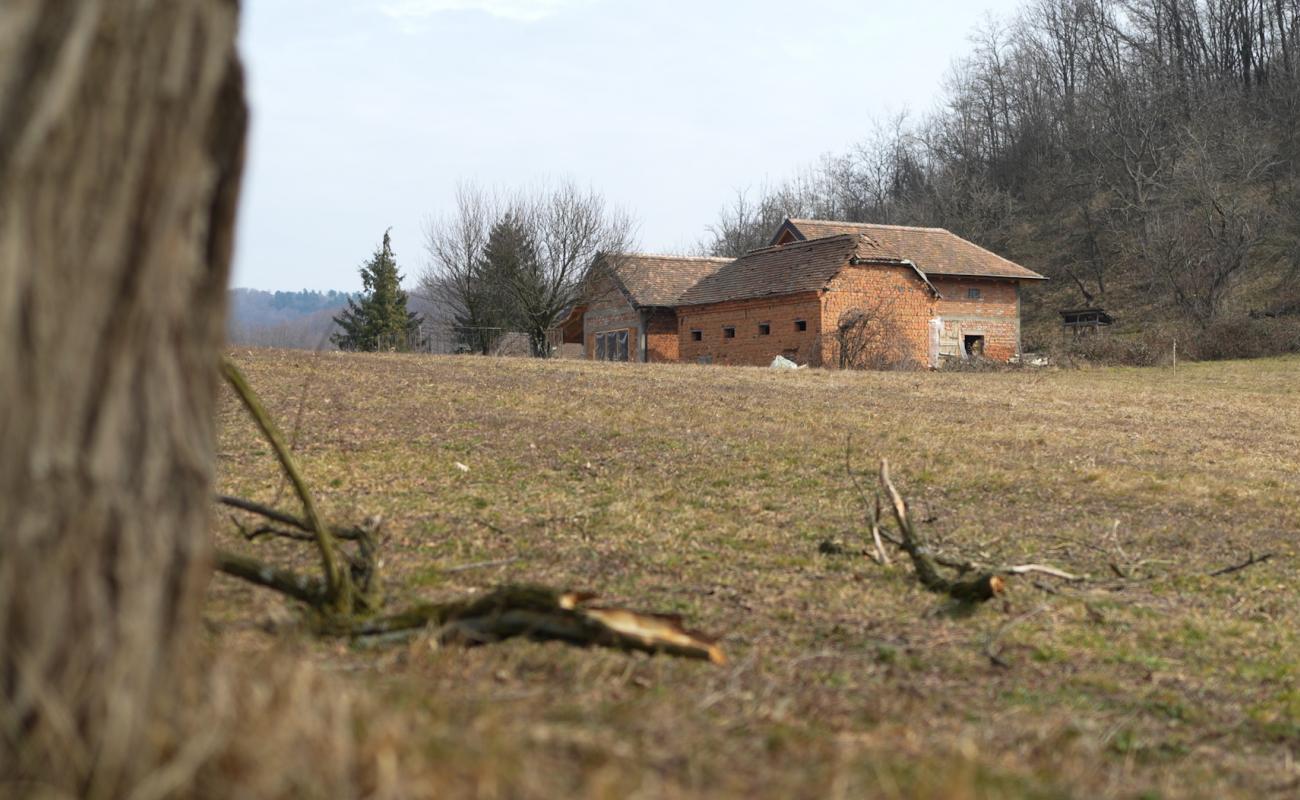Silence on Russian camps as a caution for Banja Luka and Belgrade due to Moscow's reaction

Not even ten days after the publication of the Detector investigation on Russian camps in Bosnia and Herzegovina and Serbia, most of the contacted state or entity institutions in Bosnia and Herzegovina that could or should have had information about the organization of training to destabilize Moldova have not responded to a request for comment. The silence on the topic indicates an ignoring of the problem, which suits the interests of the Russian Federation in Bosnia and Herzegovina, but also suggests that there is sensitivity to how Moscow itself will react to the topic, experts believe.
After Detektor drew attention to the details of Russian camps on the territory of Bosnia and Herzegovina, and the arrest of eight people in Moldova who are associated with them, four of whom were charged before a court in Chisinau with destabilizing the country, BiH institutions and officials who previously denied the existence of the camps are not responding to inquiries or are repeating their denials of the existence of the training.
The only institution that has reacted is the Ministry of Internal Affairs (MUP) of Republika Srpska, which confirmed that it acted on the basis of information about the camps.
“Regarding the alleged Russian camps on the territory of Republika Srpska, we inform you that police officers have carried out the aforementioned checks and submitted the information in this regard to the Prosecutor’s Office of BiH,” reads the written response of the MUP of Republika Srpska.
The institution did not respond to questions about the results of their actions. As of the publication of this text, the Prosecutor’s Office of BiH had not responded to additional questions about the case that was confirmed for Detektor on June 14.
The President of Republika Srpska Milorad Dodik, the Prime Minister of Republika Srpska Radovan Višković, and the parliamentary parties in the National Assembly of Republika Srpska did not respond to the Detector's request for a response to the new information.
On July 15, 2025, the Detector published the results of several months of research and monitoring of the work of the Moldovan prosecutor's office and the court in Chisinau. The research confirms the location of the camp in Serbia, as well as the area of the camp in Bosnia
and Herzegovina. Witness Maxim Rosca described his stay in Banja Luka to journalists, as well as his stay in tents in the forest near the city.
Moldovan analyst Mihai Isak claims that the strategy of silence and denial is present in countries and regions under the control of the Russian Federation.
“The leadership of Republika Srpska in Banja Luka is openly pro-Russian, so officials often remain silent or reject accusations that could embarrass Moscow,” Isak told the Detector.
He added that the narrative from Republika Srpska, Hungary, Serbia, Transnistria, Abkhazia and South Ossetia is indistinguishable from the one coming from the Kremlin.
He gave an example from Transnistria, a separatist region in northeastern Moldova, whose officials have reacted in an identical way to media reports from Chisinau.
“Any revelations by the Moldovan media and all reports of Russian preparations are labeled as ‘spin’ and part of a ‘hybrid operation.’ This reflects the usual pro-Russian tactics of disinformation and the dismissal of inconvenient facts as Western propaganda,” Isak said.
Earlier, the Speaker of the National Assembly of Republika Srpska, Nenad Stevandić, told Detektor, commenting on the publication of the research, that information about the camps is “spin and part of hybrid operations that, by abusing the media based on fabricated statements or lies, destabilize the situation in BiH.”
“By denying or minimizing covert Russian activities, these regimes protect their ally from surveillance and align themselves with the narrative preferred by the Kremlin, even at the cost of ignoring real security risks on their own soil,” Isak said.
Moscow, he added, can thus pursue its interests, such as running training camps, with minimal risk or resistance.
“The result is that serious attempts at infiltration or subversion can take place without diplomatic crisis or law enforcement crackdown. (…) As long as this continues, one can expect official silence to greet even well-documented revelations, to the great satisfaction and strategic benefit of Moscow,” he concluded.
Vuk Vuksanović, a senior researcher at the Belgrade Center for Security Policy (BCBP), believes that it is very important how the conclusion of the proceedings in Moldova will look like and that everyone is purposefully avoiding the topic of the camps.
"If all the allegations turn out to be true - that the Russians were allowed to prepare Moldovan activists for the political crisis in Moldova, this suggests that the elites in Banja Luka or Belgrade
had to perform some kind of counter-service to Moscow for an issue such as support at the UN or to discredit Belgrade as a color revolution with Moscow's help. This is a situation where someone had to take potential risks for the sake of Moscow," Vuksanović told Detektor.
He added that since November 2024, there has been no topic in Serbia other than the regime's internal crisis and the current protests.
"They are sensitive to what Moscow has to say, as was evident in the decision on ammunition to Ukraine, which (Serbian President) Aleksandar Vučić had to suspend after Russia called him out. Likewise, everyone, especially Vučić, is wounded by their own internal problems and no one wants to be discredited internationally. And no one wants the West to perceive them as being even slightly too close to Moscow," Vuksanović concluded.
When asked about the silence, neither the state parliamentary parties, the parties from the Federation of BiH, nor the members of the BiH Parliament's Defense and Security Committee, the BiH Minister of Foreign Affairs Elmedin Konaković, nor the BiH Minister of Defense Zukan Helez responded.
